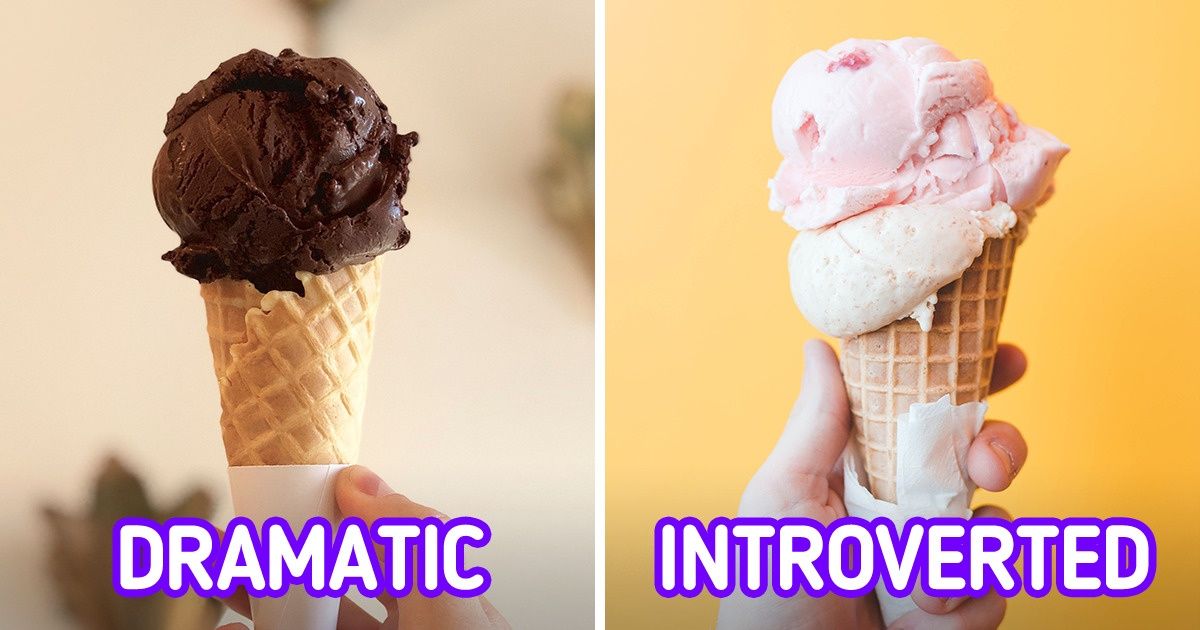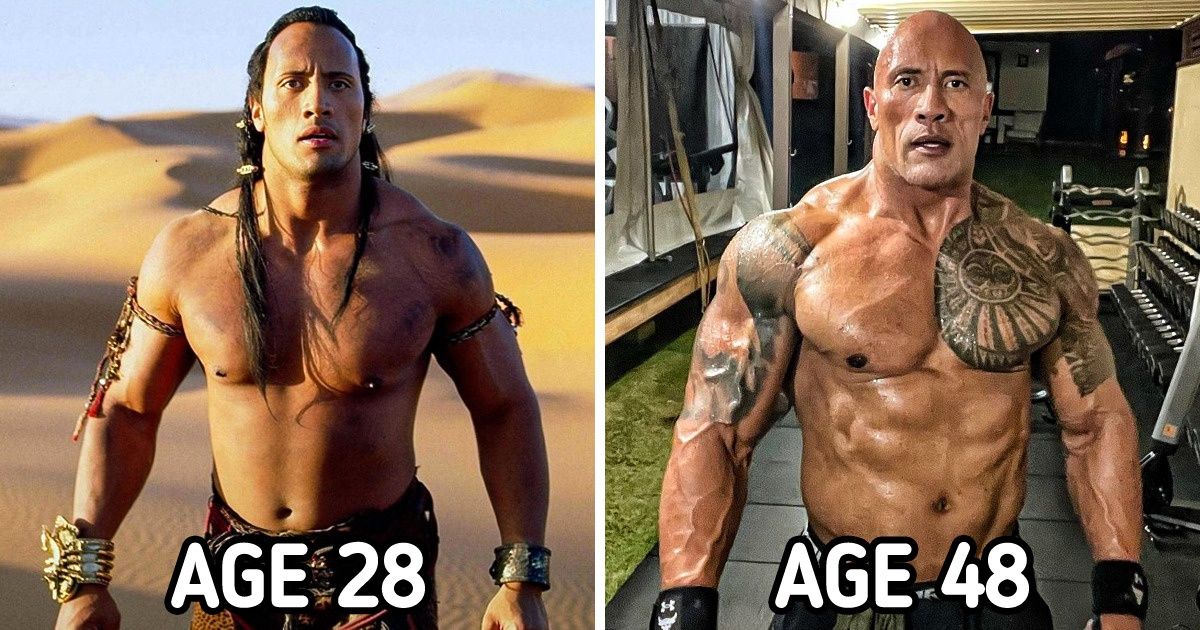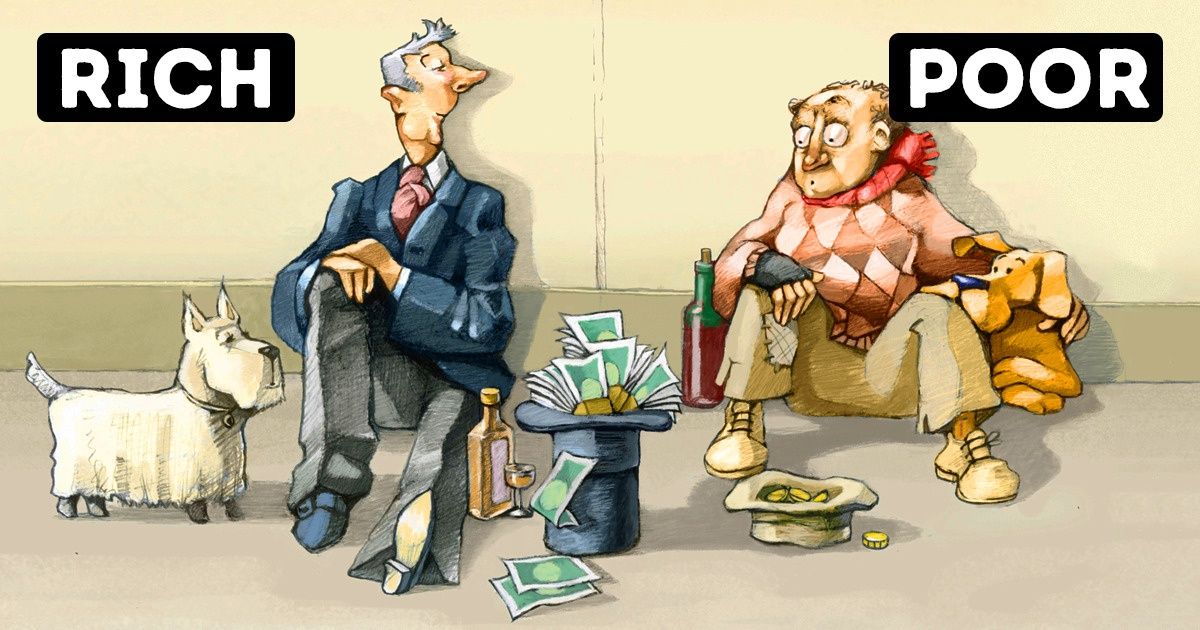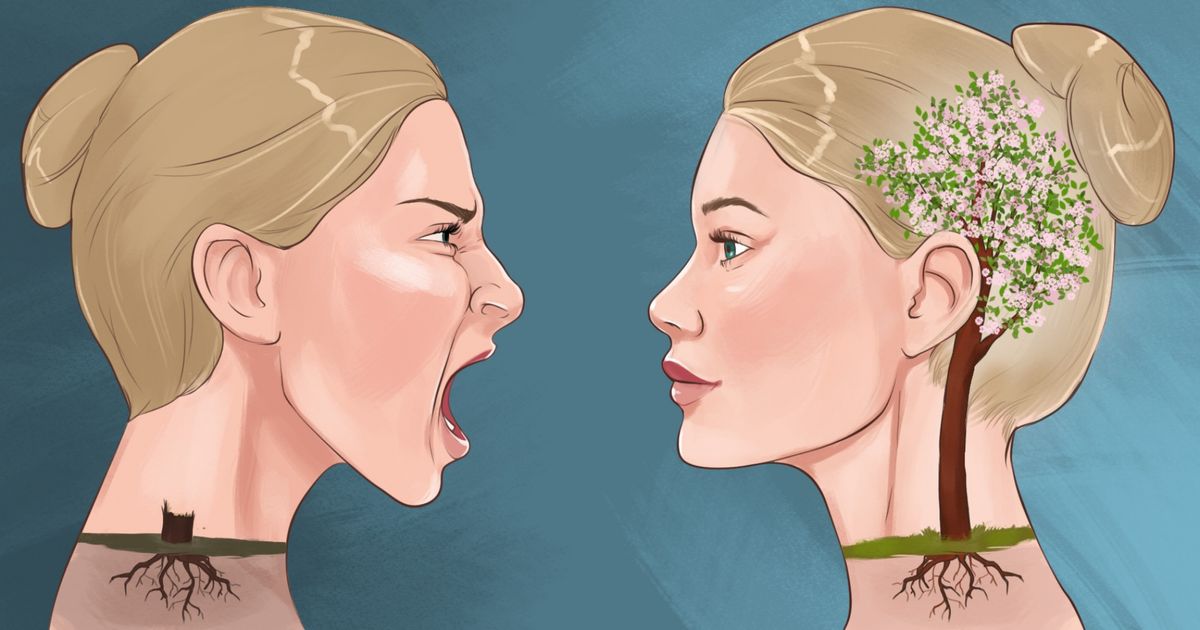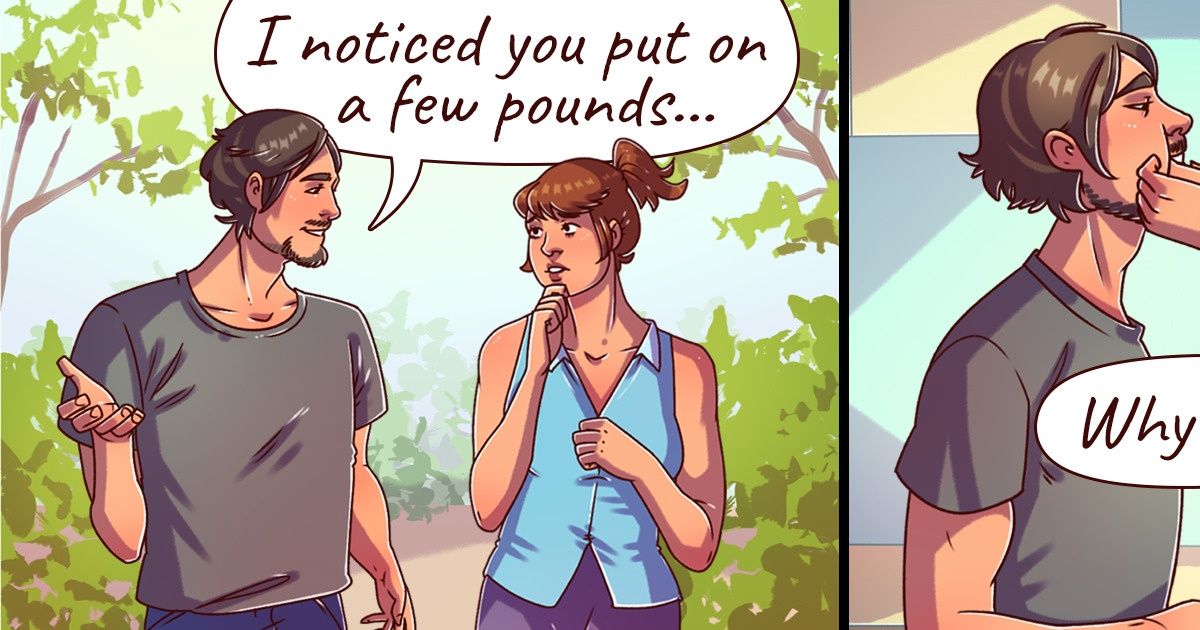If you search for the hashtag #faceofdepression on social media, you’ll see hundreds of photos showing happy, smiling people who are, in fact, suffering from depression.
Sometimes these photos are posted by the people themselves, but more often they are shared by family and friends who want to help their loved ones and want to tell the world about this problem. Unfortunately, some of these photos are posted too late, when the people smiling in them are already gone.
We want to tell you what smiling depression is, how to recognize it in someone you love, and most importantly, how to help them cope with this problem.
What Is Smiling Depression?

“This was days before my husband committed suicide. There were suicidal thoughts, but you would never know.”
Having a smiling depression means that you are trying to appear happy and cheerful to others while suffering deeply. People who have it do not seem to be suffering, so their friends and family do not suspect that something is wrong.
In addition, sometimes those who suffer do not realize that they have problems, so they do not seek support or help.
People with smiling depression often live active social lives, have families, friends, and jobs, they seem successful and very happy, and you never know what lies behind this happy facade.
The worst part of this problem is that there seems to be a connection between smiling depression and suicidal thoughts. These people may seem energetic and enthusiastic on the surface, but behind closed doors, they may feel helpless and hopeless.
After the lead vocalist for Linkin Park, Chester Bennington committed suicide, his wife Talinda shared a photo of him a few days before his suicide.
Chester was smiling and having fun with the family, and no one knew what thoughts were going through his head right now.

“Last photo of my mom and Iat dinner. She committed suicide a month later, just before my 21st birthday.
Although smiling depression is hidden behind a mask of happiness, there are ways to recognize it in someone you love or in yourself. The most frequent signs of smiling depression include:
Signs Of Smiling Depression
- Decreased interest in hobbies and activities that the person loved
- Changes in weight and appetite.
- Fatigue and loss of concentration.
- Insomnia
- Thinking about negative situations over and over again
- Forced and unnatural happiness
How To Help Someone With Smiling Depression

“My best friend a week before he committed suicide. Check on your friends everyone.”
Help them realize they have a problem. Many people do not want to admit that they are depressed because they are afraid of looking weak. Tell them you love and support them, no matter what.
Be a good listener. This means that you must actively listen to the person you want to help, letting them feel that you hear and understand what they are saying. It is not enough to say that everything will be fine.
Try to think together which steps can be taken to cope with the situation and offer your help if you think you can do something.
Help them increase their self-esteem. Some experts suggest that our self-esteem is our “emotional immune system” and when it breaks down, we begin to feel low and depressed.
Try to help your friend or a family member find a meaningful activity or project that can help them feel productive and successful again.

Pay more attention to the people you love. A message or two a week that we send each other seems to be enough in our modern lifestyle, but it is not.
Call your friends and family whenever you think of them, ask them how they are and don’t get satisfied with a quick, “I’m okay.” Be involved and don’t miss the alarming symptoms we described above.
Help them act “normal”. Try to encourage the person with smiling depression to do all the things a “healthy” person would do. Suggest doing some of them together.
They could go shopping, go to the movies, or run to the park every morning. Our physical actions affect our feelings and emotions, and acting like a happier person can help your friend feel better.

“The last picture of my baby sister and I, taken one month before she committed suicide.”
Suggest that they adopt a healthier diet and start exercising. People with depression may have a hard time going to the gym, but exercising at home can be good for them.
Experts believe that some types of depression can be caused by a lack of certain elements in our bodies (such as serotonin or vitamin D, for example), and this deficiency can be corrected with the help of a healthy diet.
Suggest trying therapy and getting medical treatment. It can be extremely difficult to break the cycle of depression on your own. A therapist can help your friend or relative fight depression more quickly and effectively.
Make your loved one understand that there is nothing wrong with seeking professional treatment – it is not embarrassing and does not weaken them.
Has any of your friends or family ever suffered from depression? What did you do to help them?
Preview photo credit baileyann5683 / Reddit
